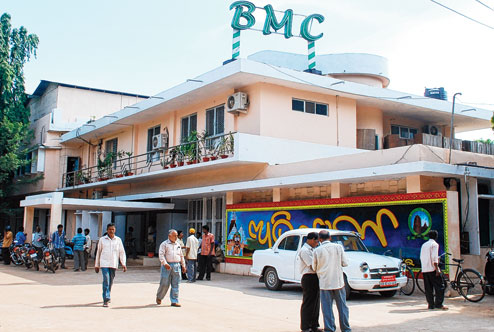Bhubaneswar: Lack of manpower has left the civic authority struggling to tackle the mosquito menace in the Capital.
Density rate of mosquitoes between 40 per cent and 60 per cent is considered minimum, 60 to 80 per cent as medium and anything above 80 per cent as high. While the city has reported to have an average density of 60 per cent, experts have suggested that it should be well below than that.
“With the recent fall in temperatures in the city the mosquito density has risen. Although, these species vary according to season, the increase is basically of Anopheles mosquitoes — the ones carrying malaria vector. A density rate of 60 per cent is not alarming but is potentially dangerous if numbers are not kept under control,” explained former Health Officer, Ram Chandra Rout.
Citing lack of manpower, a source at the Bhubaneswar Municipal Corporation said that they are grossly understaffed to tackle the mosquito menace. “Mosquito density rates in ward number 1, 58 and 60 are more than 80%. The problem lies in lack of resources to have complete control over it,” the source stated.
At present there 210 workers deployed with the health office to address the issue for 67 wards of the city, an average of three workers per ward. This, according to the source, should be ‘increased to 7 people per ward with a total strength of more than 450.’
Orissa POST has already reported, Dec 30, the lack of fogging machines. The BMC is working with only seven TIFA machines for 67 wards.
Even the usage of fogging machines has been a subject of debate. Environmentalists argue that chemicals used for creating smoke are hazardous and is harmful to senior citizens, pregnant women and children. Entomologists opine that smoke only affects adult mosquitoes, the breeding source remains unaffected.
Agreeing to this, Debika Rani, assistant health officer said, “It’s true that fogging cannot be regularly used hence we have to identify the breeding source and destroy it. Apart from lack of manpower, the BMC is reeling under another challenge of cleaning and disinfecting drains that have now been RCC covered.”
Meanwhile, Rani also suggested that they will soon be initiating project ‘Gang War’ that will focus on destroying identified breeding grounds in each ward by spraying larvicidal oil which will reduce the mosquito density.
However, Pradeep Swain, a resident at Jagannath Nagar isn’t convinced about BMC’s plan. Suffering from Filariasis, Swain complains, “I rarely see drains around my area getting cleaned. Even the fogging machines avoid areas that are deep in the locality or near slums.”






































